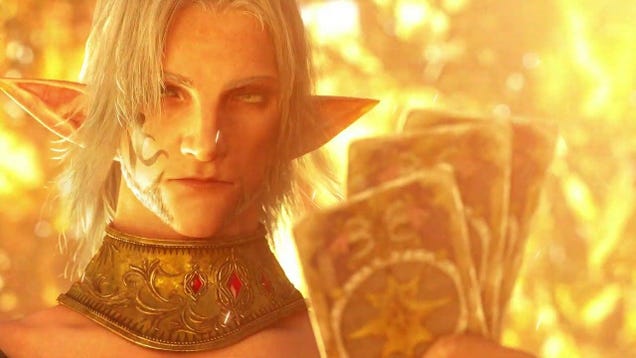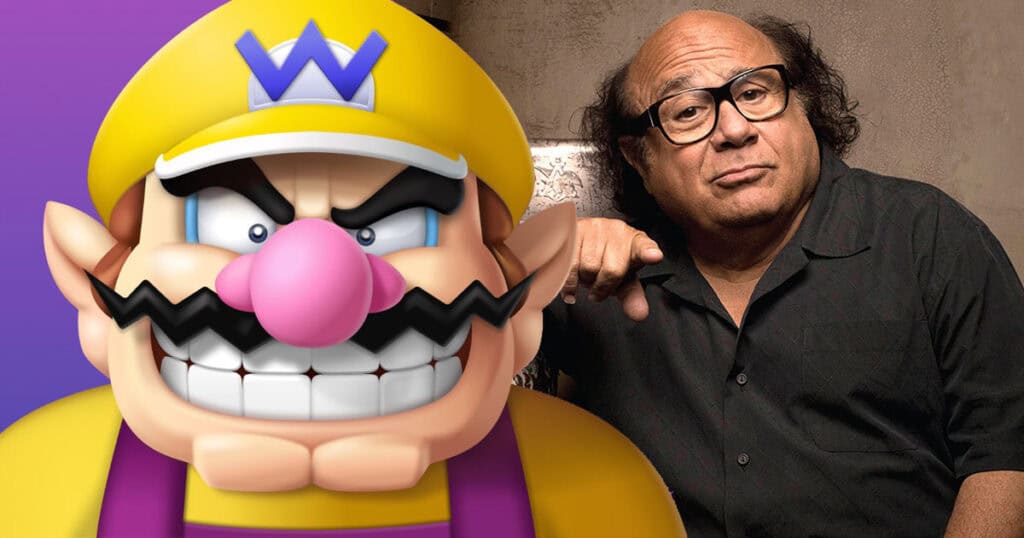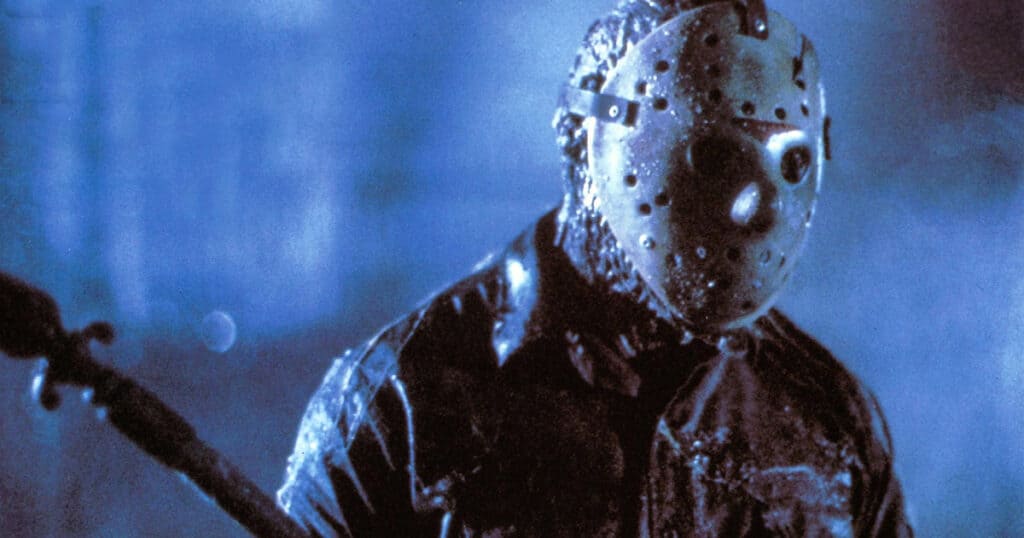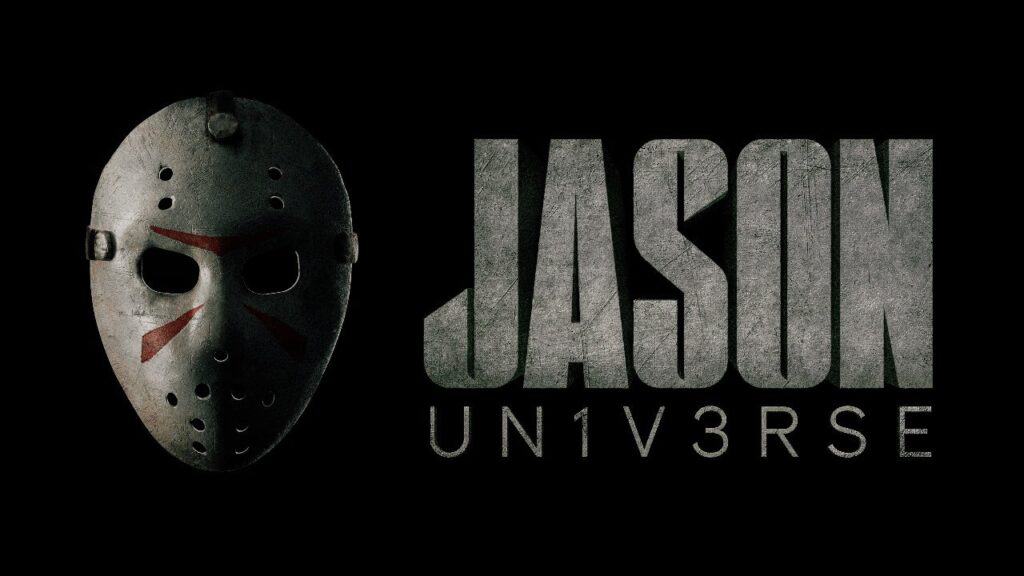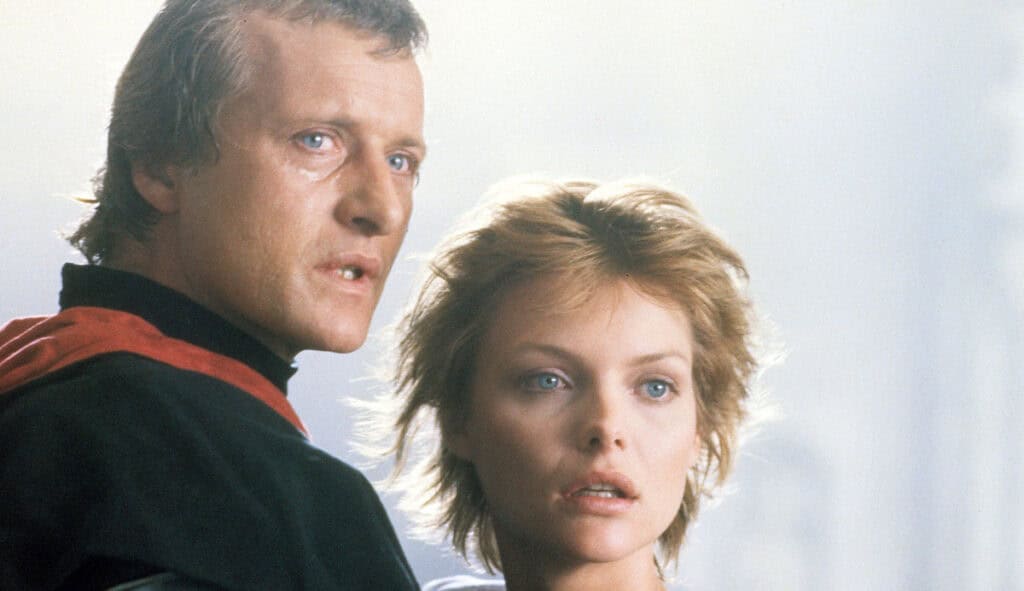

Like many children of the 80s, I have a soft spot for the 1985 adventure epic Ladyhawke. It’s directed by the great Richard Donner, with it coming just before The Goonies and Lethal Weapon, but after his time with the Superman franchise. Lavishly produced, it wasn’t a hit in 1985 despite having a top-notch cast that included the late Rutger Hauer (in a rare heroic role), Michelle Pfeiffer, and Matthew Broderick. While some might say the latter was rather improbably cast as an Italian thief in the Middle Ages, that’s not actually the weirdest thing about the movie.
Donner has a reputation for always choosing superb composers for his films. Just think about how iconic Michael Kamen and Eric Clapton’s work is for Lethal Weapon, John Williams’s Superman theme, Jerry Goldsmith’s work on The Omen, and Dave Grusin’s score for The Goonies. Yet, one score among his films sticks out like a sore thumb: the prog-rock soundtrack The Alan Parsons Project contributed to Ladyhawke.
At the time, hiring rock bands to score movies wasn’t unusual. Queen nailed the assignment with Flash Gordon, Toto contributed an amazing score to Dune, and Tangerine Dream were iconic. One might assume Donner was pressured by a studio to jump on the trend, but according to his authorized biography, “You’re the Director, You Figure It Out”, (buy it HERE) he was the one who pushed for it, despite resistance from many of his collaborators. When he told his editor, Stuart Baird, about his plans, the editor screamed defiantly, “no f*cking way!”.
Donner would not be dissuaded, as he had apparently spent the whole shoot listening to albums by the band. As the book states, the fact that he fell in love with Lauren Shuler, whom he would later marry, on the shoot played a role, as the band’s music became forever associated in his mind with the movie and his romance. Apparently, Baird warned him that the music they made wasn’t good and didn’t go with the film, but Donner insisted it be mixed in.
As the movie’s creative consultant Tom Mankiewicz put it, “if ever there was a picture that cried out for Jerry Goldsmith, this was it.” Even after the film received bad previews, largely due to the score, Donner refused to change it. Even Shuler, who initially supported the choice, failed to make him see reason, as he assumed the score would make his period epic more accessible to a larger audience.
In the end, the movie only made $18.4 million domestically but became a cult hit in time. Donner himself never made a secret of his love for the film, even featuring it in his 1997 film Conspiracy Theory.
Do you think a Jerry Goldsmith score would have made Ladyhawke a hit?
The post Ladyhawke: Why did Richard Donner hire The Alan Parsons Project to score a medieval epic? appeared first on JoBlo.
